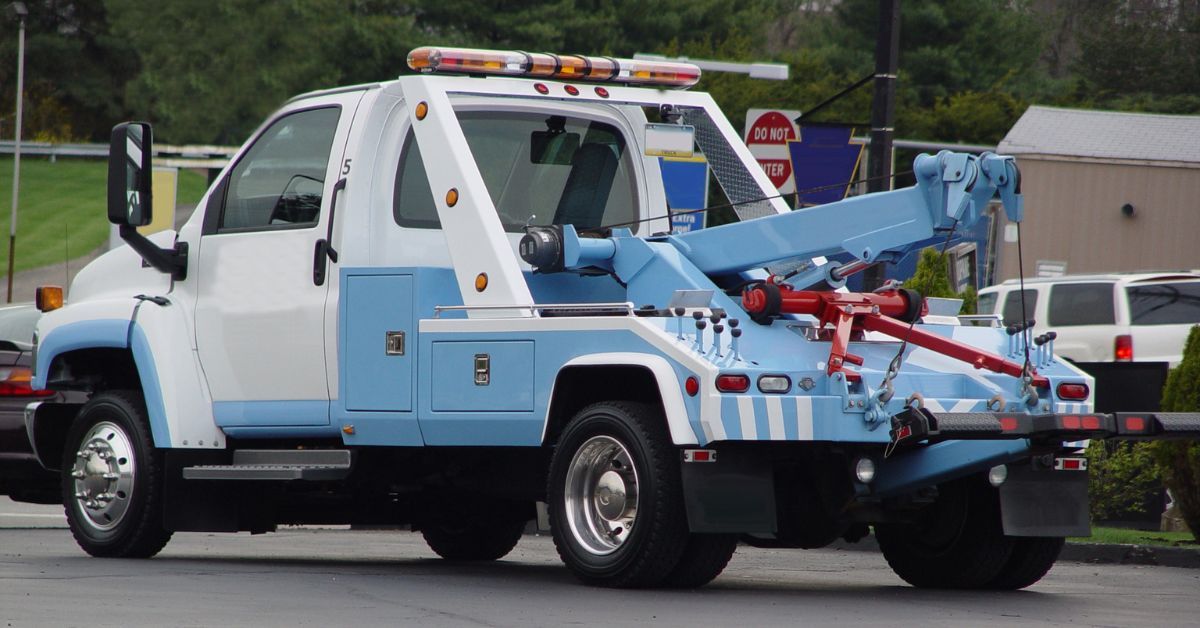Tow trucks play a crucial role in vehicle recovery, commercial transportation, and post-accident vehicle removal across Australia. However, towing isn’t everyone’s cup of tea. Understanding the legal, technical, and operational requirements for tow trucks in Australia is essential for running a successful operation.
In this article, Brisbane Towing & Recovery – a leading provider of truck towing in Brisbane– will share the list of major tow truck requirements in Australia. Let’s start our quick guide!
Tow Truck Requirements in Australia
Below are some of the major requirements of a tow truck in Australia:
Tow truck licensing and registration
Each state and territory in Australia has specific regulations regarding tow truck operations. However, some common licensing requirements include:
- Tow truck license: It is necessary for tow truck operators to apply for a tow truck license from the relevant territory or state.
- Vehicle registration: Tow trucks must be registered for commercial use with the appropriate vehicle classification and insurance.
- Accreditation: Some states in Australia also require accreditation under specific schemes for accident towing services.
Tow truck types
Several types of tow trucks are used for emergency towing as well as commercial transportation. Each tow truck type is suited for different applications. Here are some of the tow truck types:
- Flatbed trucks: Also known as tilt tray trucks, flatbed trucks are ideal for accident recovery and transporting non-operational vehicles.
- Hook & chain tow trucks: These types of tow trucks are rarely used nowadays due to the potential damage to vehicles.
- Wheel-lift tow trucks: These tow trucks are commonly used for roadside breakdowns and short-distance towing.
- Heavy-duty tow trucks: Heavy duty tow trucks are suitable for transporting large vehicles such as trucks, buses, and industrial machinery.
Tow truck vehicle standards
Tow trucks in Australia need to meet specific technical standards to ensure safety and roadworthiness. Here are some specific technical standards for tow trucks in Australia:
- Vehicle compliance: All tow trucks must comply with the Australian Design Rules
- Maintenance logs: Regular vehicle maintenance must be documented and up to date.
- Signage: Vehicles must display the company name, contact details, and towing accreditation where required.
- Safety equipment: Tow trucks should be equipped with essential gear such as flashing lights, high-visibility vests, wheel restraints, and first-aid kits.
Driver’s license and training requirements
Tow trucks drivers in Australia must meet stringent requirements to operate legally and safely. Below are some of the requirements:
- Driver’s license: An appropriate and valid driver’s license is mandatory for tow truck drivers in Australia.
- Police clearance: It is important to undergo criminal history checks in many states of Australia.
- Customer service training: The majority of tow truck businesses invest in customer service and conflict resolution training for accident scene management.
Read our other blogs as well:
Emergency Towing in Brisbane: 10 Things to Keep in Mind
Shipping a Tractor in Australia: How-to Guide, Cost, and More
Oversized Load Towing Essentials and Expert Tips to Do it Right
Types of Tow Trucks: Everything You Need to Know
10 Car Towing Tips to Avoid Accidents in 2025
Tow truck business requirements
Considering below important elements is necessary if you are planning to set up a tow truck business in Australia:
- Business registration: Start by registering your tow truck business name and obtaining an Australian Business Number.
- Insurance: It is mandatory for a tow truck business. It covers public liability, third-party property damage, and comprehensive vehicle insurance.
- Record keeping: Maintain accurate records of jobs completed, customer interactions, and vehicle conditions.
- Compliance with Australian consumer law: Ensure transparency in pricing, and always provide detailed invoices and quotes.
Technology in tow truck operations
Modern tow truck businesses in Australia rely on technology for better efficiency and compliance. It includes:
- GPS tracking: It helps monitor vehicle movements and respond to jobs quickly.
- Mobile dispatch systems: The digital apps help manage towing requests and driver availability.
- Digital invoicing: It helps streamline billing processes and ensures accurate records.
Tow truck safety regulations
Tow truck operators in Australia must follow safety guidelines to protect the public and employees. Here are some safety regulations for tow truck businesses:
- Workplace health and safety: Adherence to workplace health and safety is vital. It also includes proper training in safe towing practices.
- On-site safety: Tow truck operators must wear PPE, set up appropriate warning signs, and minimize risks at recovery sites.
- Vehicle load limits: Ensure that the truck’s towing or load capacity is not exceeded.
Tow Truck Requirements in Australia: Wrapup
Understanding and adhering to tow truck requirements in Australia is essential for legal operation and business success. We hope that the above article helped you get familiar with the tow truck requirements in Australia.
If you ever find yourself in need of towing services, call us on 0438 155 555 for quick and affordable towing in Brisbane. We will truly care about your vehicle and safety.
Also, check out our most popular services:
Accident towing services in Brisbane



